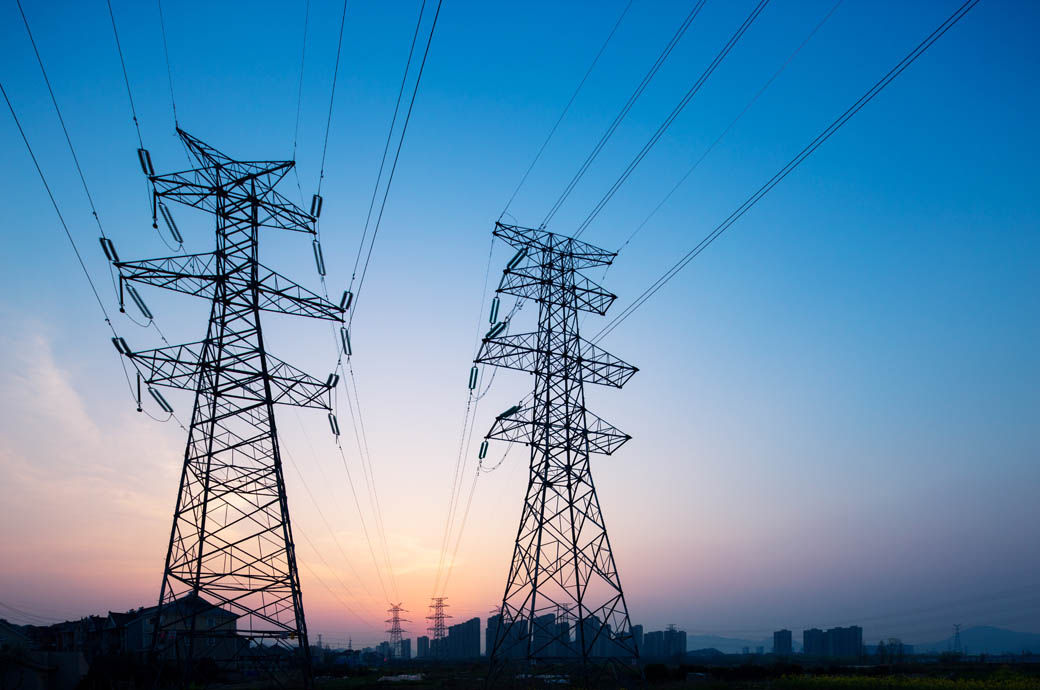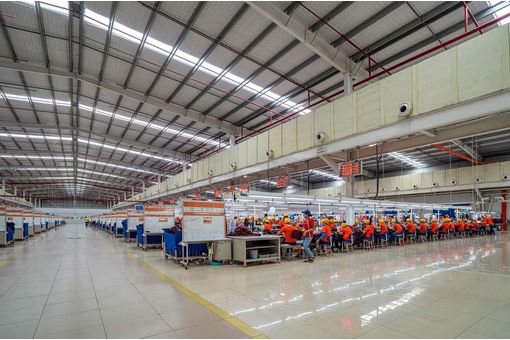Bangladesh businesses brace for impact as electricity tariff goes up

Insights
- To alleviate subsidy burden, government recently announced a slight hike per unit in electricity prices.
- In the previous fiscal year, electricity tariffs increased approximately 5 per cent three times, cumulatively mounting to about 15.7 per cent.
- Gas prices for industries also witnessed a substantial hike of 150 per cent to 178 per cent in FY23.
Now, the rise in production costs further exacerbated their predicament.
To alleviate its subsidy burden, the government recently announced a minimal hike per unit in electricity prices, effective from February 1.
The industrial sector has been enduring successive escalations in energy prices. In the previous fiscal year, electricity tariffs surged approximately 5 per cent three times, cumulatively mounting to about 15.7 per cent.
Similarly, diesel and furnace oil prices rose by 37 per cent and 41.4 per cent, respectively.
Gas prices for industries also witnessed a substantial hike of 150 per cent to 178 per cent in FY23.
Furthermore, the depreciating local currency led to a 10 per cent to 20 per cent surge in overall raw material prices. This shock persists as foreign currency reserves dwindled amid higher outflows against reduced inflows.
Mohammad Hatem, executive president of the Bangladesh Knitwear Manufacturers and Exporters Association (BKMEA), highlighted the mounting challenges faced by businesses even as he underlined the scarcity of reliable power and gas supply compounds the hardships, despite the escalating energy prices.
In addition to energy woes, businesses also continue to grapple with a host of other issues.
The dollar crisis has restricted the availability of US dollars for opening letters of credit (LCs), while rising bank loan interest rates have inflated costs.
Besides, the apparel sector also contends with increased wages and salaries for workers.
This surge in production costs has already taken its toll, evident in the financial reports of numerous listed companies in FY23.
Meanwhile, Mohammad Ali Khokon, president of the Bangladesh Textile Mills Association (BTMA), voiced his concerns over the escalating gas prices amid inadequate supply, lamenting the deteriorating investment climate.
Fibre2Fashion News Desk (DR)
































-Ltd..jpg?tr=w-120,h-60,c-at_max,cm-pad_resize,bg-ffffff)





.jpg?tr=w-120,h-60,c-at_max,cm-pad_resize,bg-ffffff)
.jpg?tr=w-120,h-60,c-at_max,cm-pad_resize,bg-ffffff)






